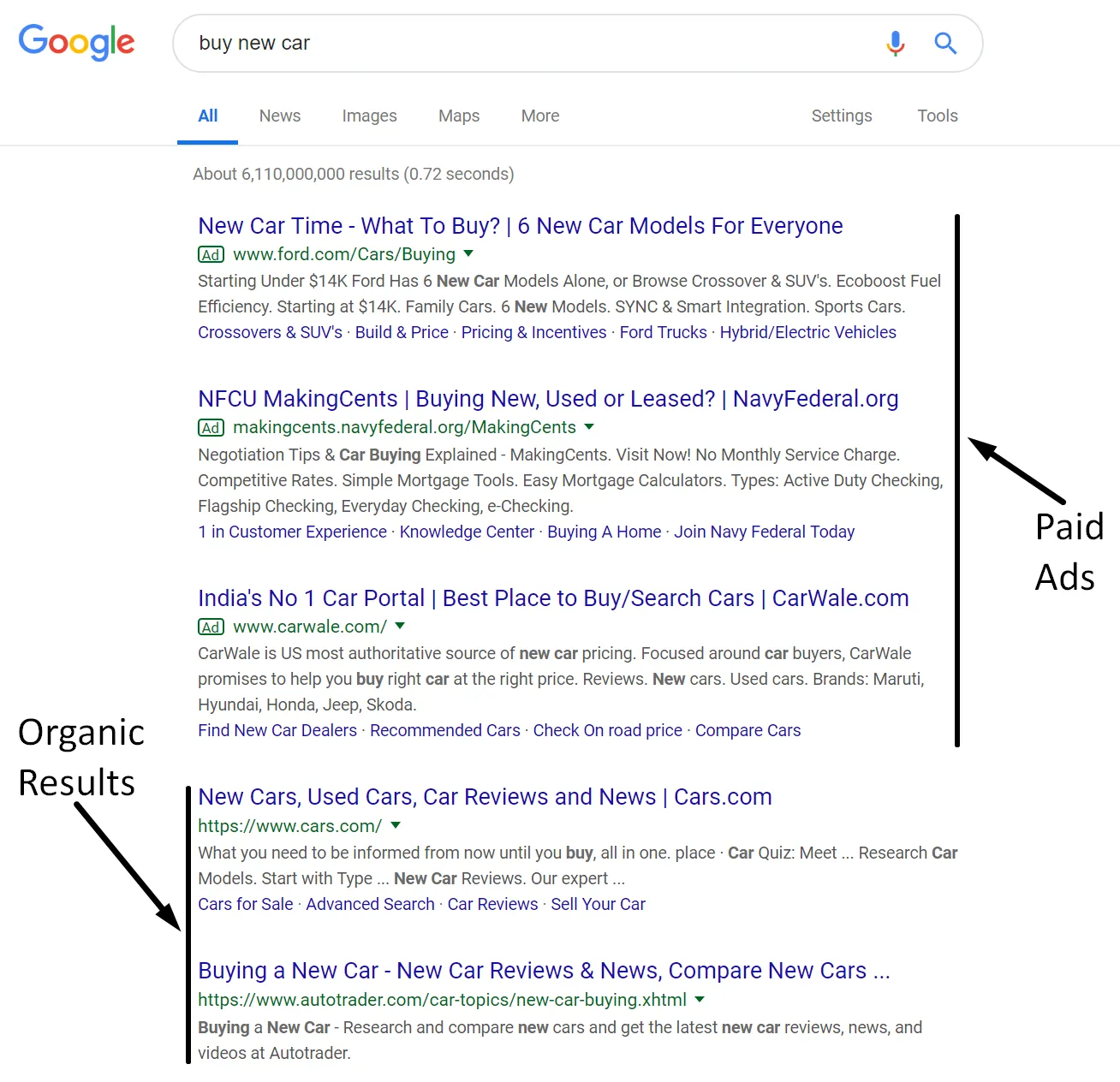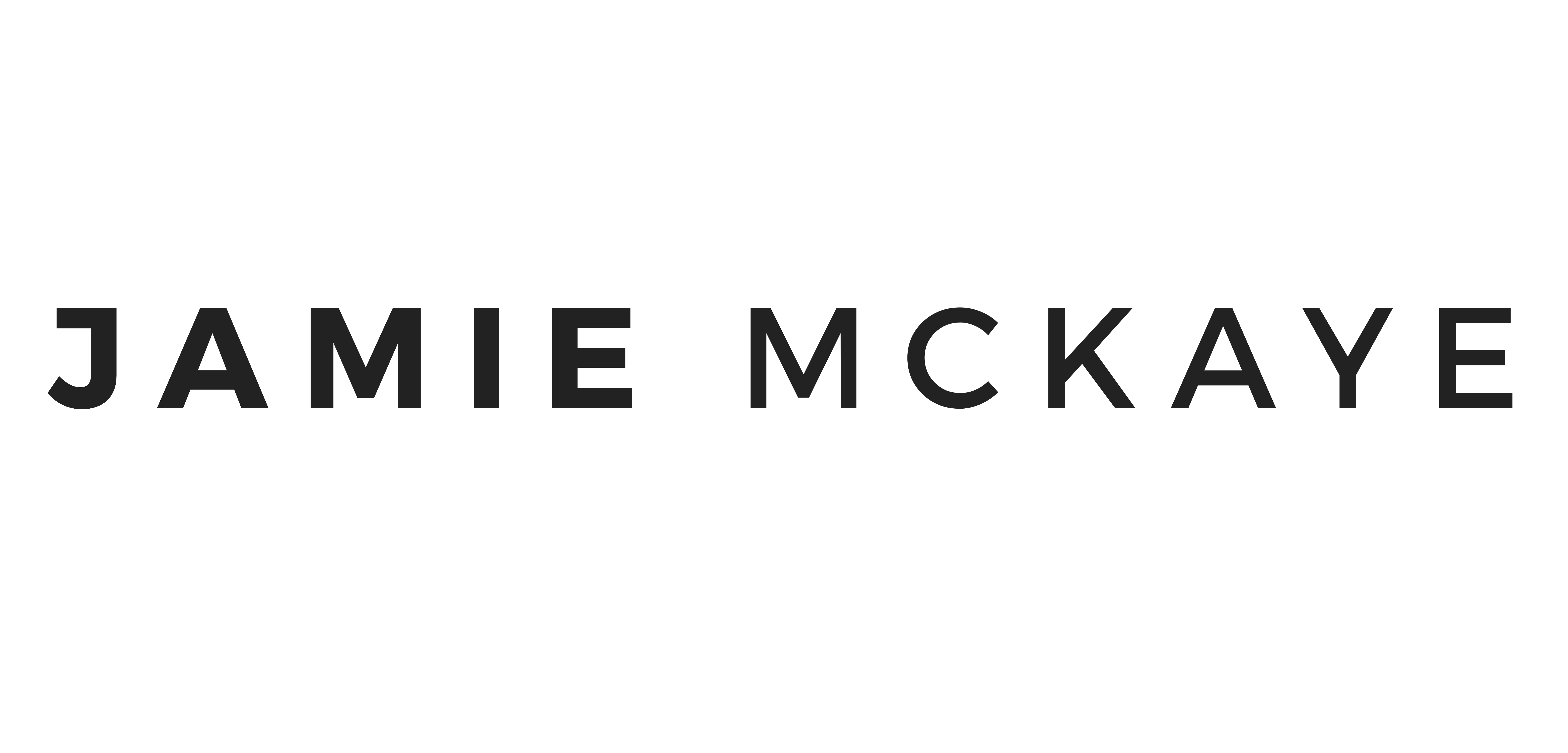A Simple Introduction to SEO

Before getting started, you need to understand SEO basics, what it means, and why it's so important.
What is SEO?
SEO stands for Search Engine Optimisation and is the process of optimising your website to improve its rankings in search engine results. SEO can have various aims, but usually, SEO strategies are implemented to:
- Improve rankings for specific web pages in search engine results.
- Increase organic website visitor numbers.
- Improve the backlink profile of a website.
When someone uses an internet search engine, they will be presented with pages of results relating to their search query. The search engine collects these results after trawling through millions of web pages online, analysing them to decide how relevant they are to the users' specific search terms. The more relevant a webpage is determined to be, the higher up the search results it will appear.

If your target audience is using a search engine to find something online (and there’s a pretty good chance that they are), you want to ensure that your website appears in the results they’re given. SEO allows you to make sure your website is considered a quality source by the search engines and ranked highly within results. The higher you are ranked, the more likely the user will click on your website.
The SEO aspects that matter
In this guide, you’ll learn about the various aspects that make up a winning SEO strategy, almost all of which will come under these three core SEO elements.
- Content - Content will always be King, and without great content, your website will never rank well. You need to ensure that your website content is providing the answers that users are looking for.
- Technical - The technical aspects of SEO work almost like a cheer squad for your content. The various components come together to make sure your quality content is getting in front of the right eyes and ranking for the search terms you’re targeting. It’s your technical SEO strategy that shouts the loudest to search engines that this content is worth ranking.
- Backlinks - The final piece of the SEO puzzle is quality backlinks. Having backlinks from high-quality websites shows search engines that your content is worth referring to and helps to improve both the ranking and authority of your website. (Don’t worry, there’s more detail on backlinks later on in the guide!)
Search engines are one of the most beneficial ways of directing traffic to your website. While social media and paid advertising can also help, if you want regular website visitors who will convert into customers, you need to make sure your SEO game is the best it can be.
One of the benefits of a great SEO strategy is that it can yield rewards long into the future once implemented. If you have a piece of cornerstone content that search engines deem to be high-quality, then they will keep ranking it, helping to increase your web traffic continually.
Search engines are intelligent, and they’re getting smarter every day, but that doesn’t mean there aren’t things you can do to help them make a decision about your website and how to rank it for your targeted keywords.
SEO glossary of terms - the jargon buster
As you learn more about SEO practices, you’re likely to regularly come across some terms and phrases. Below you’ll find a handy glossary explaining what some of the most common words mean.
- Algorithms - This is the process of specific formulas that search engines, notably Google, use to judge and rank web pages.
- Backlinks - Also referred to as ‘inbound links,’ are links from other websites that link to your website.
- Black Hat SEO - These are SEO tactics that violate Google’s quality terms, and if a website is found to be using them, it will likely be penalised. Black hat SEO tactics include keyword stuffing, link farms, and comment spamming.
- Bounce Rate - The percentage of website visits that didn’t result in a second action. For example, if someone clicks onto your homepage but doesn’t view any other page before exiting, that would be classed as a ‘bounced session’.
- Bots - The ‘robots’ behind the search engines crawling the internet to find relevant web pages. It’s always important to remember that bots and not actual humans power Google!
- Caching - A saved version of your website whereby your browser saves the files a user requests when they view a website.
- Crawling - The action or process of search engines finding and analysing websites.
- De-indexed - If a page or website has been de-indexed, it means it has been removed from Google’s index.
- HTML- This stands for HyperText Markup Language and is used to write and create web pages.
- Indexing - This is how the content that search engines find during crawling is stored and organised.
- Intent - When it comes to SEO context, intent refers to the results that users are looking for when they type a term into a search engine.
- Off-Page SEO - These are SEO activities conducted off your website, for instance, link building from other sites or guest blogging.
- On-Page SEO - SEO activity conducted on your website, for instance, keyword optimisation and title tags.
- Organic - In SEO context, this refers to placement in search results earned rather than purchased.
- Ranking - The ordering of search results by relevance to the original search query.
- Search Engine - An online program that allows you to retrieve information that matches your request. Google, Bing and Yahoo are all examples of search engines.
- SERP - This stands for Search Engine Results Page and is the page of website results that you see after making an initial search query.
- Traffic - The number of visits to a website.
- White Hat SEO - SEO techniques that comply with Google’s guidelines, including keyword research and quality content.





Comments